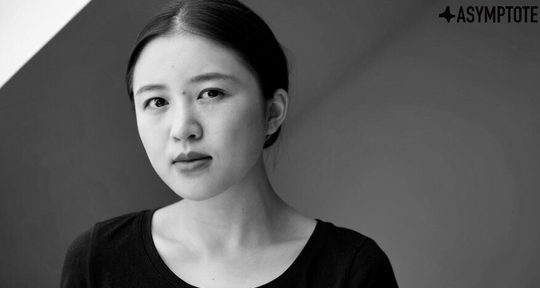Poetry is a never-ending lesson in precision. The distillation of thirst, the evocation of experience, the cauterization of an open wound. Between the poets of the world and their various works there is a common acknowledgement of restraint—there is only so much we can do with words, and only so much words can mean. Claude Lévi-Strauss originated the term “floating signifier” to describe language that has only vague or contextual denotation, and in our contact with literature we gradually come to understand that such abstraction is the enemy of poetry. So we step gingerly around the words we know contain too much to unpack. Words like “hurt,” or “death,” or “love.”
Floating signifiers are especially insecure in translation, in which one often has to choose between music and intention, double meanings or single ones, visual effect or faithful retellings. They present a particular dilemma because a floating signifier in one language may not be one in the other. The Chinese language, painting with a full palette of the pictorial, the symbolic, the historical, and the literal, has a tangibility that does not lapse into the vague as easily as English does. Ernest Fenollosa, in his (flawed but admirable) studies, characterized Chinese characters as a medium for poetry. It is not that Chinese is inherently more possessive of the elusive idea of poetics, but rather that the facets of Chinese language that enchanted Fenollosa with their invocation of poetry are also what result in headaches for translators. We do not count our losses in translation. Instead, we admire the growth a poem may undergo as it leaves its writer’s hand and wanders onto the page, how it may cross oceans and national borders, how it lives, how it is alive, the way we know language to be.

